How and what it is to complete PhD from IISc (Indian Institute of Science)
There is a world of difference in completing a PhD from one of the state universities in India compared to that of a national institute, especially of the stature of IISc. So what makes the Indian Institute of Science unique and special? How does it feel to pass out as a doctoral student from the Indian Institute of Science?
Ask this question to 600+ students who graduate from IISc each year with doctorates and you will hear a different story. It is obvious that no two students are going to face situations alike considering that IISc is a large institute and there are a large number of parameters that come into play in a PhD student’s life.
In this blog, I will take one example of an exceptional graduate who completed his PhD in February 2023. Having completed a PhD myself from the Jawaharlal Nehru Centre for Advanced Scientific Research (JNCASR), Bangalore, I will add the detailing that will hopefully apply to you if you are planning on joining one of these institutes.
After completing my PhD successfully from JNCASR, I decided to make use of the knowledge and the cognitive faculties acquired to pursue my passion for travelling. There is a lot that is to be gained from PhD that could be used in every aspect of life. As I am embarking on an all-India cycle tour starting this month, I thought it would be useful to cover the story of Dr. Sathish, a close friend of mine who has experienced a full spectrum of doctoral graduation.
Table of Contents
ToggleHow to enrol for PhD at the Indian Institute of Science?
Of the myriad of ways to get into the institute, the entrance exams – GATE, CSIR, ICMR, and Inspire fellowship are a few. Ask most students who enrol for a PhD about how tough it is to crack one of these exams and they will explain. If you get bogged down by what you hear, well! Don’t be! If Sathish could do it, so can you.
Hailing from a tiny village which is remotely located in Karnataka with an overall population of 800 people in Chamarajanagar district, Sathish was educated in the local language Kannada throughout his schooling.
When I asked him how it felt to be able to complete his PhD from IISc, Sathish said that it still feels like a dream!
Taking a one-year sabbatical break from his Master’s graduation, owing to the difficulty in understanding English, Sathish managed to crack both CSIR (All-India rank – 035) and GATE (AIR – 220). The language barrier did not hinder him much as he knew that he would work on it the moment he got the opportunity to do so.
He got the much-awaited opportunity in July 2015 when he successfully cracked the interviews at the department of Molecular Reproduction, Developmental Biology and Genetics Unit.
When asked, why he intended to choose to do PhD in the first place, Sathish said “Coming from a rural background, I could experience science when I studied it. Understanding biological concepts wasn’t hard as I drew correlations of how Science works with village setup and upbringing”. Sathish had started on the right foot. He loved science because he could see its applications in real-life scenarios. Botany and microbiology were amongst his favourite subjects for that reason.
7 years down the line, now that he has successfully defended his thesis, I had the pressing urge to ask Sathish how it feels now to be finally done with his journey.
How does it feel to complete PhD from the Indian Institute of Science?
Right after the day of his thesis defence, we shared a chat over coffee that helped me change my perspectives on what completing a PhD is!
Sathish said, “When I joined the programme, I wasn’t aware I was going to acquire what I have acquired now”.
Leaving aside the debate of how tough it was completing his doctoral studies, Sathish gave insights into what a daunting task like a PhD takes from you and gives back to you at the same time.
Sathish described his experience of completing his PhD vividly. He said that it felt like he had dug a tunnel without a vision for the past 7 years following which he just excited it to see light. His description of light especially was that of a beautiful morning where there was due around on the leaves and the place lush green. He felt glad that he persisted through all the digging.
What did he learn from the Indian Institute of Science?
Sathish made a point that is truly applicable to all doctoral graduates passing out from a national institute in India. I can say that because I have experienced the same with myself as well.
He said what IISc does to you is that it chisels you out into a beautiful carving that is extremely unique. Like the carvings of different artists having their own blended essence in their art-piece, graduates pass out differently but beautifully chiselled. Each art piece can be ascribed to the innumerable number of Gods in Indian mythology. Every God powerful in their own sense.
Just as there is a god for education, money, tools, strength, righteousness, nature and so on, students come out as gods honed in on their capabilities like no other. The question only boils down to, if we can witness our idol for ourselves.
What capabilities do you gain by completing your PhD at IISc?
No one exits the tunnel absolutely devoid of capabilities. Everyone who exits has themselves chiselled in forms that they have to spend time observing to understand their capabilities.
In Sathish’s case, he said he was lucky enough to realise who he was chiselled out into. An idol that is a representation of earth and nature itself.
Sathish gleamed with joy when he spoke about how much earth has provided for our needs and grinned with anguish when he mentioned what our greeds have done to it. It was as though, passion was visible in his eyes like fire when he spoke about how we could improve the situation by getting to its roots. Organic farming and living with nature in harmony was his answer.
With great excitement, he took me to the balcony of his room situated on the 7th floor of the boys’ hostel at IISc to show me his experimental setup. He had been growing plants in carton boxes and discarded plastic cans turning the soil rich and fertile with huge earthworms depicting its quality. He showcased his harvest of garlic, peas, lemongrass, mustard, and a variety of plants, with a control experiment that also showed what a failed experiment is.
I can say with conviction that if anybody were to sit beside him, he could easily convince them that they could live in nature with nature in harmony without having to expound a penny.
It was clear what he had acquired from his PhD.
It was not much about which subject he chose. It was about what skill sets he acquired. Working on breast cancer biology, he singled out ‘research methodology’ and ‘scientific thinking’ for his larger vision.
Sathish figured out the idol he has been carved into but not without any caveats. Sathish said:
“For an uneducated, there are an innumerable number of jobs to choose from. For an educated, there is only one!”
What happens once you complete your PhD from the Indian Institute of Science?
Justifications:
Although all the justifications that Sathish made seemed valid for the good of society, his choices are not truly his. Coming from a background of the sort he is from, it is hard to go back to the roots. Taking up farming even with a scientific approach may not be welcomed in his society. After all, he did not get educated to return to his village to pursue farming.
He said, if he went back to prove a point that organic farming is the best way forward, he will need close to a decade to establish himself. During this period society would look down upon him for his choice, forcing him to follow the line of academics. His only choice!
Validations:
Even though he has put all his efforts into his research at the laboratory, he has also poured his heart and soul into what he loves doing. Farming! He has surrounded himself with people of similar kinds and mentality during his PhD course. All his validations come from the discussions he shares with like-minded people on organic farming and earth resources.
Complains:
Most of his complaints are oriented towards the hurdles preventing him from achieving his highest vision. That society would look down on him if he chose to leave science (from the point of view of people in his community!) for farming.
Materialistic comforts:
Wanting to live with nature in benevolence, materialism is the least of his interests. He believes that if provided with land, he would simply pursue the required actions. Any amount of assets given to him would be liquidated and invested into a land that would allow him to realize his passions. All materialistic wants he desires are in line with the societal order and improvement thereof.
Conclusion: Should you pursue your PhD at the Indian Institute of Science?
The straightforward answer to this question is “Yes!” only if you start on the right foot. Starting on the right foot here means choosing it knowing that one day you will want to use science for a different reason. A reason that drives you. A reason that makes you want to get up out of bed. A reason that will make you who you are.
If your answers are anything different, it is worth reconsidering.
In my case, I completed it with just the interest to be educated to the highest extent. That was not a good enough justification to join. The idol I have been carved out into, I now know what I want and so I have no regrets whatsoever.
I hope this article helped you gain new perspectives and insights on whether or not you should be pursuing your PhD from any national institute. If you found this article helpful, kindly comment below and let me know. This will help me pursue my interests just as much as yours.
If you are interested in following me on my journey as I explore more Sathish sorts of people, kindly head over to the home page and subscribe to my newsletters.
If you are interested in my recent articles on people, head here.
I am a 31 year young PhD graduate who has decided to travel the length and breadth of India on my cycle, to document the journey of meeting a vast array of people. In my journey, I intend to understand the characteristic features of the people of this nation and categorize them based on their demographics, age, profession, gender, traditions, and cultural differences.
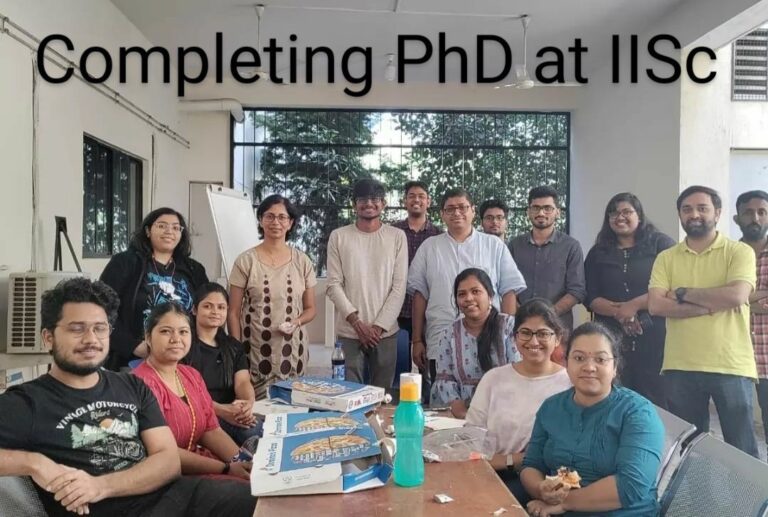
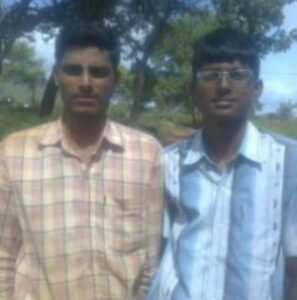
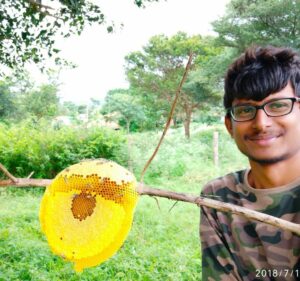
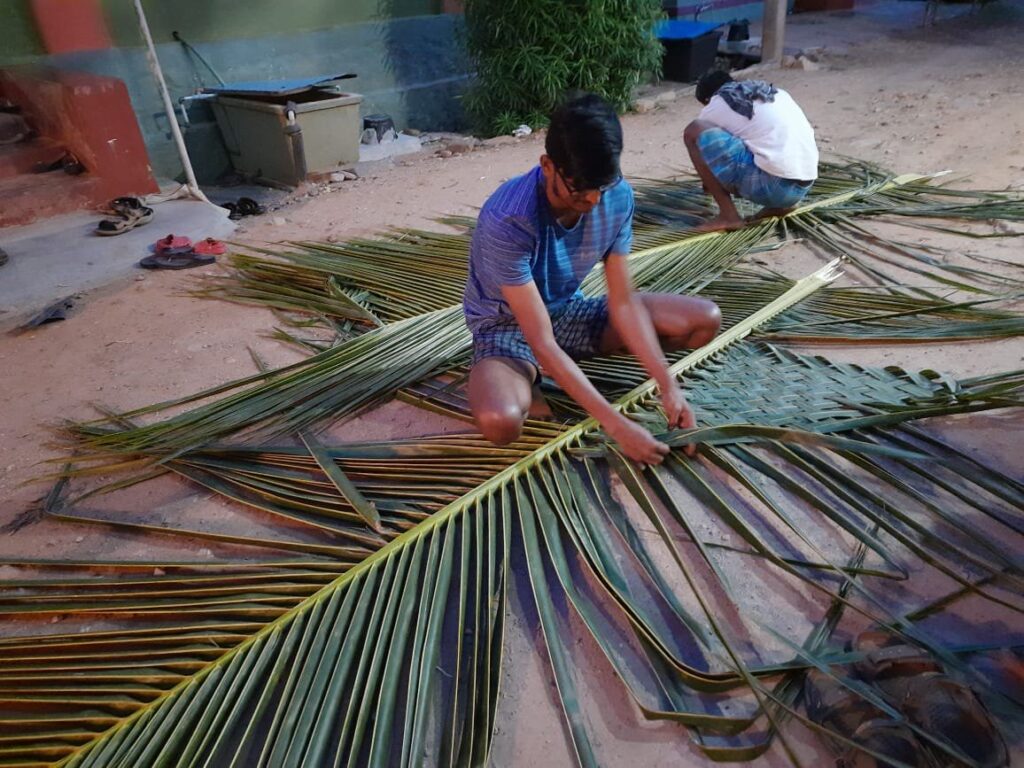
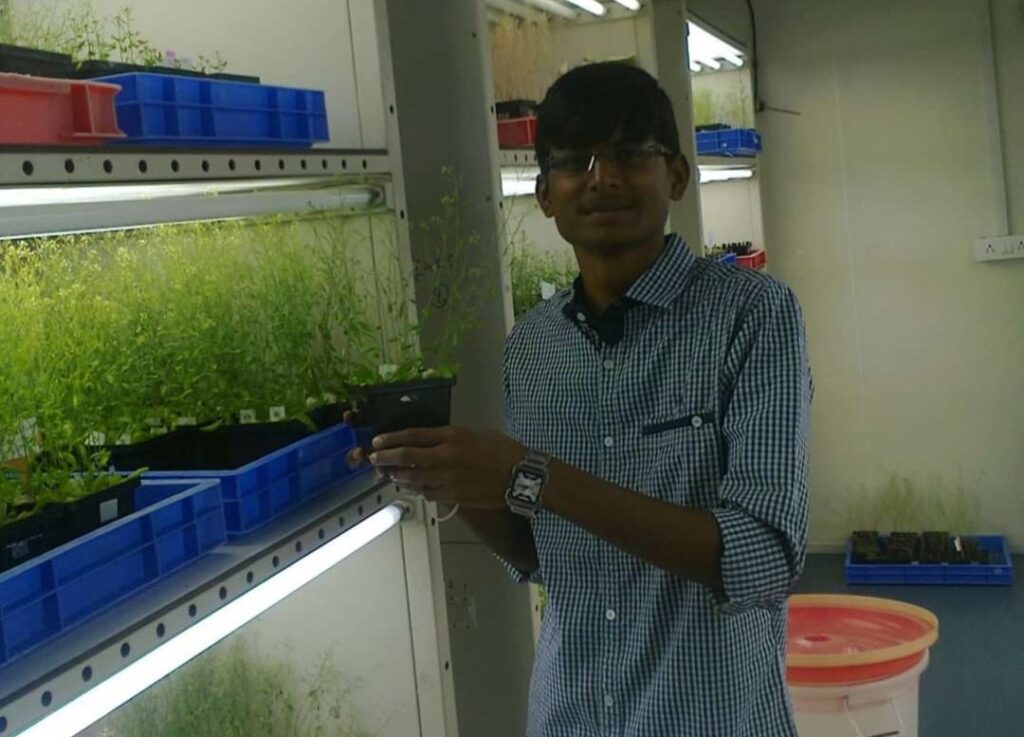
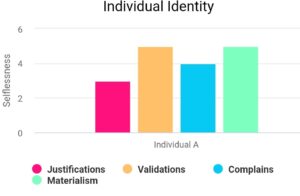
Really nice article baka boy. Loved Satish’s story. It’s an amazing start to your journey. I wish you all the best. You are set for a ride of a life time
Thank you Lacchi (:
Hope you continue to read my articles.
There will be innumerable stories to share 🙂